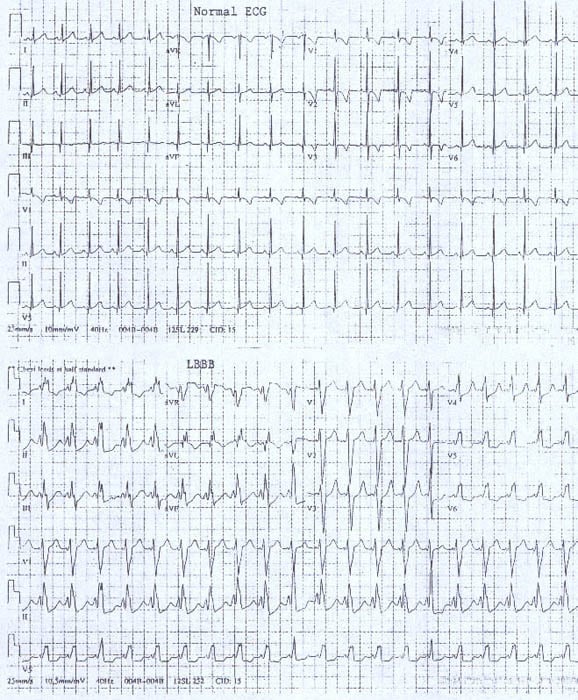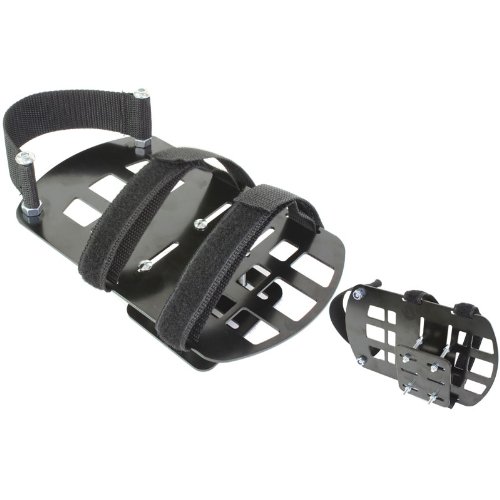Now, when I say I forget about the heart attack, it's because it's had relatively little effect on my life. The stroke, on the other hand, has become a part of me, like this cyborg. I have integrated the stroke with the rest of my life, so much so that when I recently dreamed about a two-handed task and performed it, I awoke thinking how strange it was that my dream self didn't question the obstacle or ask for assistance.
On the other hand, I perceive my infarction as a cardiac non-event, because I was taken off the blood pressure meds within the first year, had my dose of Lipitor cut in half, and have only had one scare of light headedness during out-patient rehab (which was tied back to low blood pressure and moving from balance exercise to cardio exercise too quickly).
In December 2010, facing general anesthesia for the first time since my stroke, we did implore cardiology at Mass General to do some precautionary testing. Thus, I had a chemical stress test the morning of my cranioplasty in order to clear me for surgery. This type of test is intended -- for patients with physical disabilities -- to simulate the results of a traditional cardiac stress test by substituting running on a treadmill with medication which causes the heart to race. In both types of tests, a radioactive tracer is injected and followed through images of cardiac blood flow. Fortunately, the results of that test showed no damage caused by the September 2010 Event, and I was cleared to get my skull reassembled.
I'm bringing this all up again now; because at my recent, annual check-up with my cardiologist (another reflexive result of the Event), I mentioned that I'd recently received (thanks again, Mom and Dad) a recumbent stationary bike, was planning to start a more vigorous exercise routine with it, and am hoping to purchase a recumbent tricycle in the spring (still shamelessly raising money). Now that I'd properly followed the small print that says to consult one's physician before beginning a new exercise routine, my doctor felt that a new stress test was warranted. And so, and so, I stressed myself out. As I've been saying, I wasn't terribly concerned, since I've generally been feeling fine; and the 2010 stress test showed no lasting damage. But I did wonder whether three years of relative inactivity (much as I personally consider getting out of bed and making my way through the day to be vigorous exercise) could have taken its toll on this supposedly-middle-aged body of mine). I've also felt more enthusiastic about cycling than any other form of exercise and was worried that ambition could get shot down.
Without further ado, I'm happy to report that my tests came back very positively, and I'm not facing any medical restrictions on exercise! I've been sitting on this news until now only because you know how I love to share images of my innards, and I've been waiting for the disk to arrive. According to the doctor's office, that could still be a week away. From what I've found online, they're not all that dramatic or easily deciphered anyway (see examples below):
 |
| Sample EKG read-out (not mine) |
 |
| Sample radiology images from a chemical stress test (not mine) |
I had removed the batteries, placed the tiny bulb in the base, and was pretending it was medicine-- I'd swig the bulb, spit it back into the flashlight, then repeat. Ironically -- given how terrible I am at swallowing pills now -- the bulb just slid down my throat. As you can imagine, quite a panic ensued when I reported this news to my mother; and everyone scrambled to find the bulb on the floor (no one believes us attention-seeking youngest children). I was then rushed to the emergency room, where I was X-rayed and sent home to "pass" the bulb (my Grandma Etta ended up with the unenviable task of confirming I had done so[suffice it to say, rubber gloves and a popsicle stick were required]) . While I have some vague hope that that X-ray is still in a file cabinet in Mountainside Hospital's basement or microfiche archive (the bulb itself is long gone), the memory of the four-year-old boy trapped inside me remembers it looking something like this:
 |
| Note the floating bulb |
Bad bet
Despite the good news of my stress test (which at least allows me the freedom to use my stationary bike -- especially now that my friend Marc has attached an adaptive support that keeps my left foot from slipping off the pedal) and the fact that I generally feel fine, I'm still dogged by the specter of my medical history. Every year my company has an open enrollment during which to make adjustments to our various insurance plans. While, thanks to the Affordable Care Act, I don't have to worry about my health insurance being revoked or premiums increased due to pre-existing conditions, requesting an increase to my Disability and Life insurance plans proved a no starter. I can certainly appreciate how on paper and in actuarial tables, my medical underwriting application would easily raise red flags and denial, due to my, "history of a stroke, heart attack, seizure, sleep apnea, and hemiparesis." Yeah, but other than that....Based on most of the standard questions, I should be eligible ten years out from my infringing events. So, hopefully, hindsight will come in 2020.
 |
| The "pedal cage" for my stationary bike |

No comments :
Post a Comment